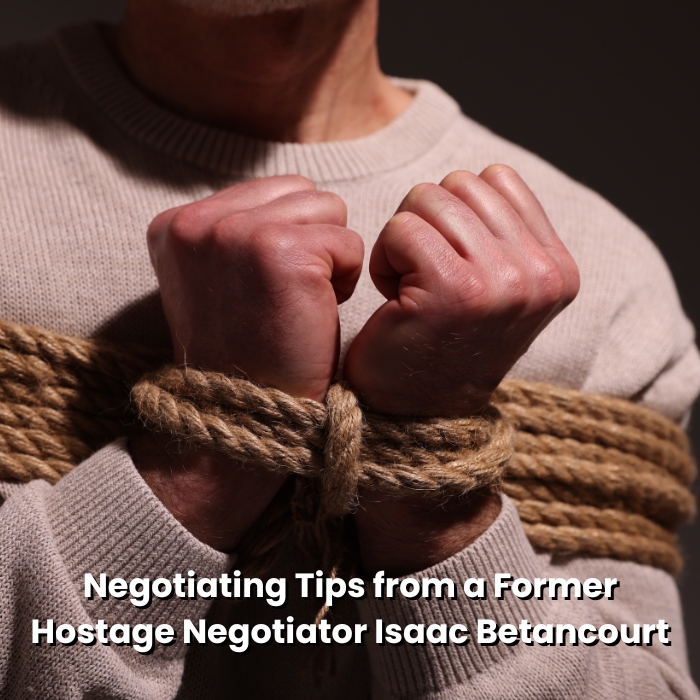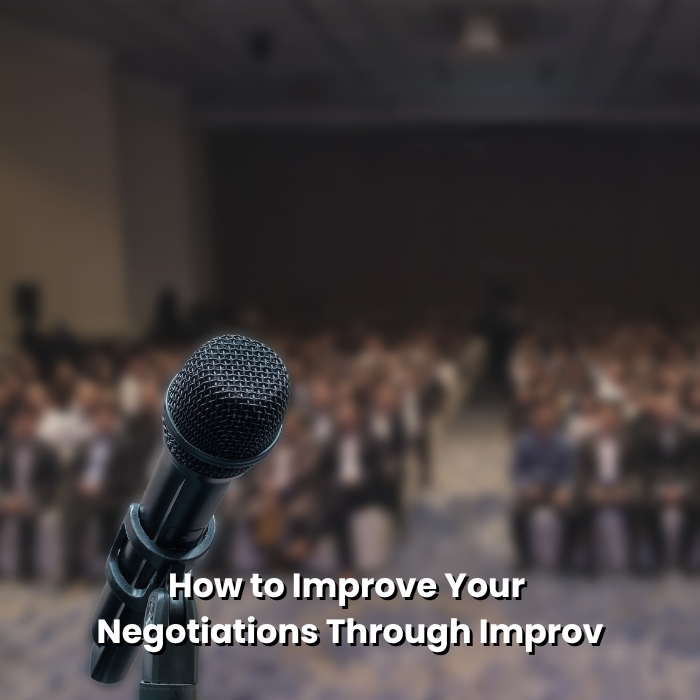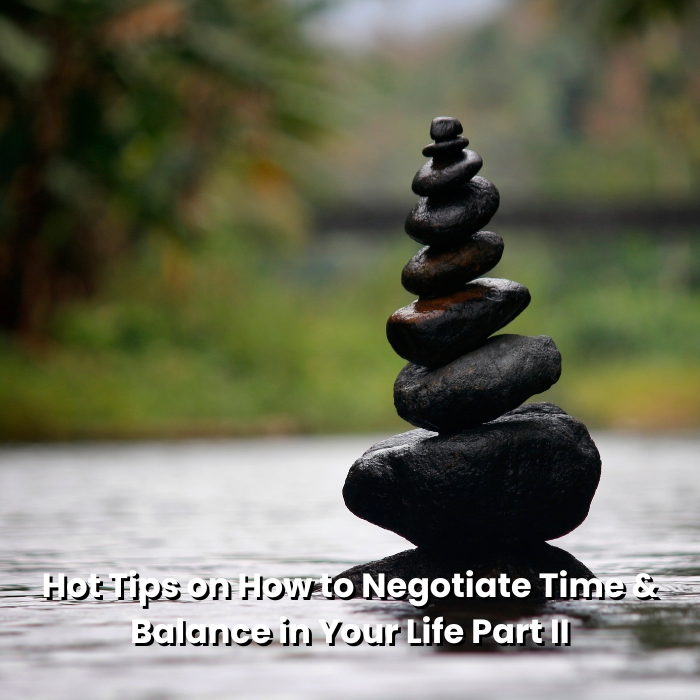
How to Build Rapport to Get Better Negotiated Results Part II
If you want to be a better negotiator, you need to build your skills at building rapport. Even if you’re not someone who easily connects with others, no worries. It’s a learned skill. This two-part series seeks to help you uncover the secret sauce to establishing that all-important connection in your negotiations.
Last week we dug into the foundational elements for setting the stage to build rapport. This week, let’s dig a little deeper into strategies you can use to better build rapport so you can start getting better communication, outcomes and relationship in all your negotiations – both personally and professionally.
In Part I we covered:
I Be Yourself
II Make a Good First Impression
III Find Common Ground
IV Get Curious
V Give a Compliment
VI Use the Person’s Name
Today, we’ll pick up where we left off with some more tips and tools to help you on the path to improving your ability to become a master-connector:
VII Be Candid
If you want to build rapport and trust, always be the person who tells the truth. Admit when you don’t know the answer to something. Likewise, admit if you’ve made a mistake. We mistakenly assume this undermines our credibility when, in fact, the opposite is true. It humanizes us and makes us more relatable and trustworthy. Being honest builds rapport and a reputation for integrity.
VIII Create Shared Experiences
If possible, try to spend time together (preferably in person) and create shared experiences. This can turbo-charge the connection process.
IX Mirror & Match
Be intentional about your body language and facial expressions. Maintain eye contact. Lean in slightly. Nod periodically. Where appropriate, try to mirror and match the other person. Be careful though, about the popular advice today to mimic the other party i.e. to cross your legs or arms etc. if they do. Unless you’re skilled at mirroring this can be obvious and jarring and actually break rapport and trust.
Rather, note their speech patterns – tone, tempo and volume – and try to match it. I tend to speak with passion, excitement, speed and volume. When speaking with someone who is more reserved this can be off-putting and challenge rapport-building. I get intentional about slowing down my speech, toning down my volume and matching the other person’s style in those cases. I also pay attention to their language choices to use terminology and idiom that is familiar to them and will be more likely to resonate.
X Practice Elevated Active Listening
This is such an important element of effective negotiating that I’ve dedicated a full article to the issue.
Be sure to listen intently to the other party when they speak. This does not mean waiting for your turn, but rather, genuinely listening with a view to fully understand their position. When you reflect back what they’ve said (partly to ensure you’ve understood correctly and partly to let them know they’ve been heard) try to reflect back their position in the most generous terms possible i.e. present their position even more eloquently than they did. This may seem counter-intuitive but in my experience, it triggers reciprocity and is a powerful way to build rapport.
XI Bring Empathy to the Table
Active listening is important and effective as it’s a form of empathy. Bringing empathy to the table in negotiations is key to building effective rapport. Empathy does not mean you necessarily have to agree with the other party, but it does mean you need to seek to truly understand. Try to put yourself in their shoes. Consider what fears may be driving them. What’s their deep why? What obstacles do they foresee? What biases might they bring to the table.
When we approach negotiations with empathy, we build bridges and trigger reciprocity. In so doing, we build rapport and set the stage for opportunities for better problem solving and outcomes.
XII Gradually Increase Intimacy
While you don’t want to prematurely over-share and dump inappropriate private information, it can be powerful to gradually increase intimacy through strategic sharing of personal info. The New York Times did a poll that found people trusted 70% of those people they knew versus only 30% of those they didn’t know. The more you can create a personal connection, where they feel they know you, and get comfortable sharing with you, the more likely you are to build the bond and rapport necessary for superior negotiated outcomes.
XIII Inject Humor
Humor is a great antidote and connection-builder. In addition to smiling, use humor where possible. Laughter releases endorphins (our feel-good chemicals in the body) and relaxes us. This sets the mood and opens the way for better bonding.
If you lose rapport at any point in a negotiation, don’t ignore the elephant in the room. Be humble. Address why you lost rapport. Take ownership where appropriate. Apologize if necessary. Get curious and determine together how you can get back on track.
Hopefully these tips and tools have better equipped you to build rapport in your negotiations. Practice them. Get comfortable with these approaches so they become natural and you can slip into rapport-building mode authentically. Building better relationships will get you better negotiated outcomes. As all of life is a negotiation, this skill cannot be overstated.
- Negotiate a Boost to Your Immune System - January 20, 2025
- Negotiating Tips from a Former Hostage Negotiator Isaac Betancourt - January 16, 2025
- How to Improve Your Negotiations Through Improv - January 15, 2025






